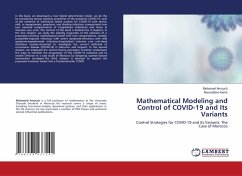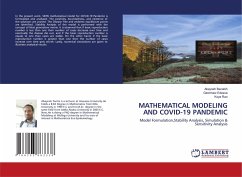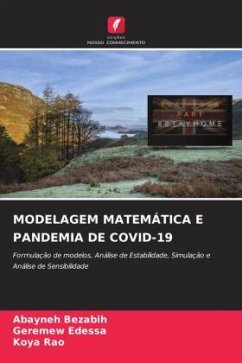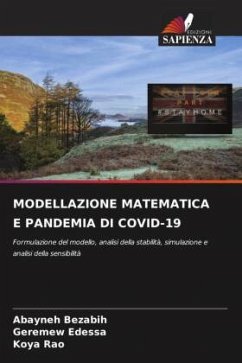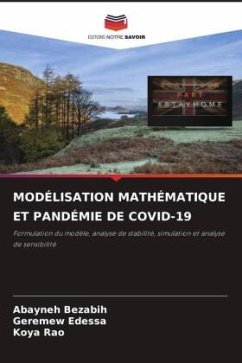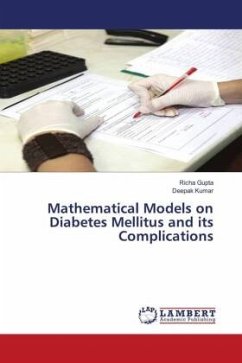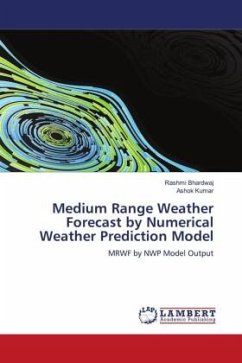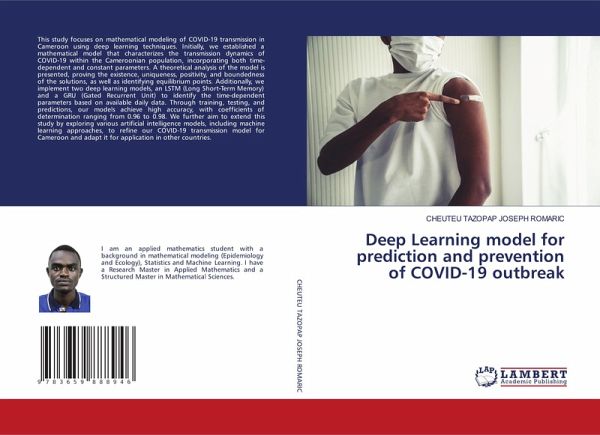
Deep Learning model for prediction and prevention of COVID-19 outbreak
Versandkostenfrei!
Versandfertig in 6-10 Tagen
40,99 €
inkl. MwSt.

PAYBACK Punkte
20 °P sammeln!
This study focuses on mathematical modeling of COVID-19 transmission in Cameroon using deep learning techniques. Initially, we established a mathematical model that characterizes the transmission dynamics of COVID-19 within the Cameroonian population, incorporating both time-dependent and constant parameters. A theoretical analysis of the model is presented, proving the existence, uniqueness, positivity, and boundedness of the solutions, as well as identifying equilibrium points. Additionally, we implement two deep learning models, an LSTM (Long Short-Term Memory) and a GRU (Gated Recurrent Un...
This study focuses on mathematical modeling of COVID-19 transmission in Cameroon using deep learning techniques. Initially, we established a mathematical model that characterizes the transmission dynamics of COVID-19 within the Cameroonian population, incorporating both time-dependent and constant parameters. A theoretical analysis of the model is presented, proving the existence, uniqueness, positivity, and boundedness of the solutions, as well as identifying equilibrium points. Additionally, we implement two deep learning models, an LSTM (Long Short-Term Memory) and a GRU (Gated Recurrent Unit) to identify the time-dependent parameters based on available daily data. Through training, testing, and predictions, our models achieve high accuracy, with coefficients of determination ranging from 0.96 to 0.98. We further aim to extend this study by exploring various artificial intelligence models, including machine learning approaches, to refine our COVID-19 transmission model for Cameroon and adapt it for application in other countries.





